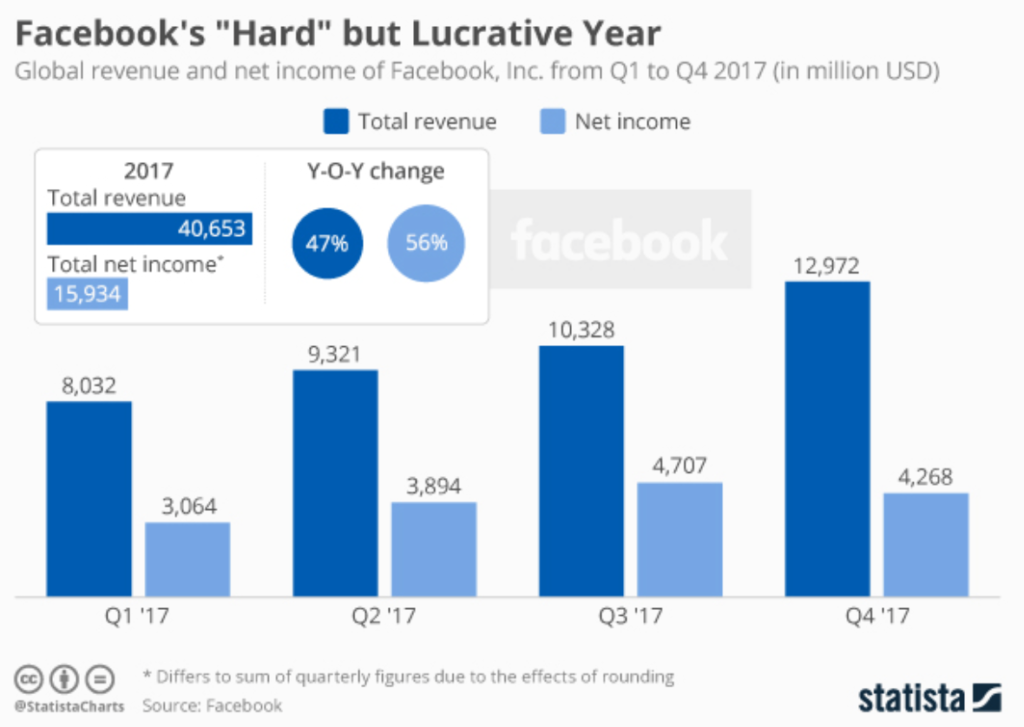This (from The Register) made my day:
One Boxing Day (December 26th for US readers who inexplicably don’t get it as a holiday) Ant met “an especially unpleasant and angry woman” who showed up with a computer in a shopping trolley.
“She stormed straight past the lengthy queue shouting ‘you’re all a bunch of stupid wankers’ and loudly proclaiming things like ‘how can you be so fck!ng stupid and sell fck!ng computers that don’t f*ck!ng work’.”
Ant and his crew decided it was better to let her jump the queue than let her stand in it shouting obscenities, so made her case a priority even as she continued to complain that her sound and CD drive were both “f*ck!ng faulty”.
This incident took place back when speakers slotted into the side of the monitor. The customer’s were still in their plastic wrapping with the cables tied up inside. Ant rated this fix “pretty easy”.
So did other customers still waiting behind the abusive woman in the queue. Ant told us those other shoppers “found it amusing when we pointed out – super and artificially nicely – that you had to plug the speakers in.”
The rude customer responded with “Well the CD’s f*ck!ng stuck”. She was right, Ant told us, because when he used the manual eject button to pop the tray open there was a a CD-ROM in the tray. Still in its plastic sleeve, which rather impaired the drive tray’s operation.
“It was lovely explaining to her, in front of the now openly laughing queue, that you had to take CDs out of their covers before putting them in anything.”
“That made the rest of the day fly by.”
Lovely!




